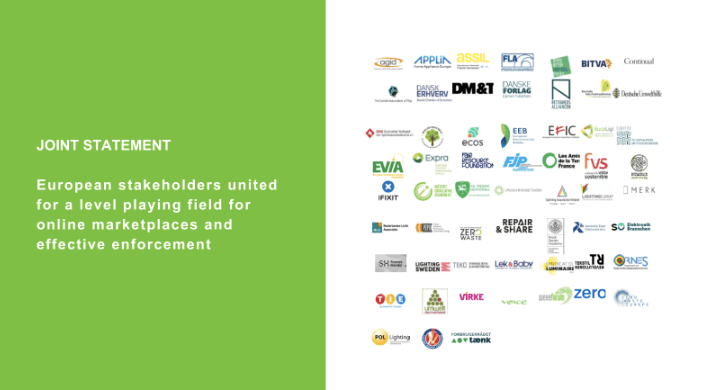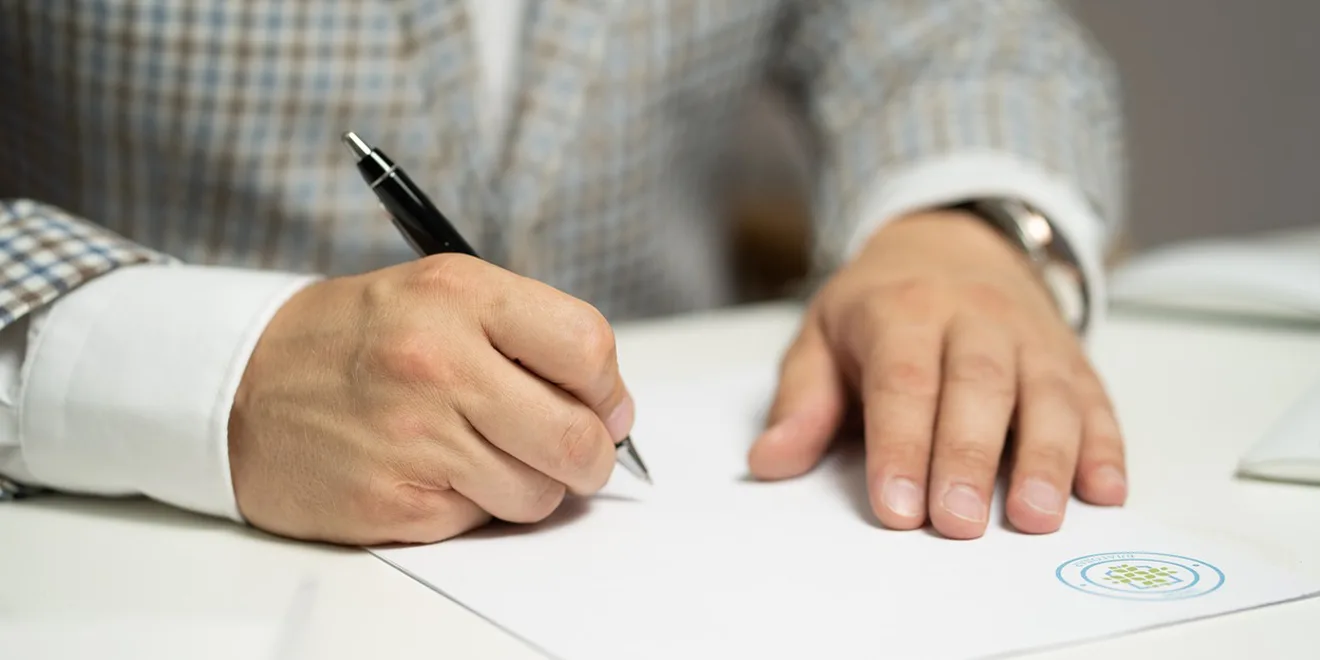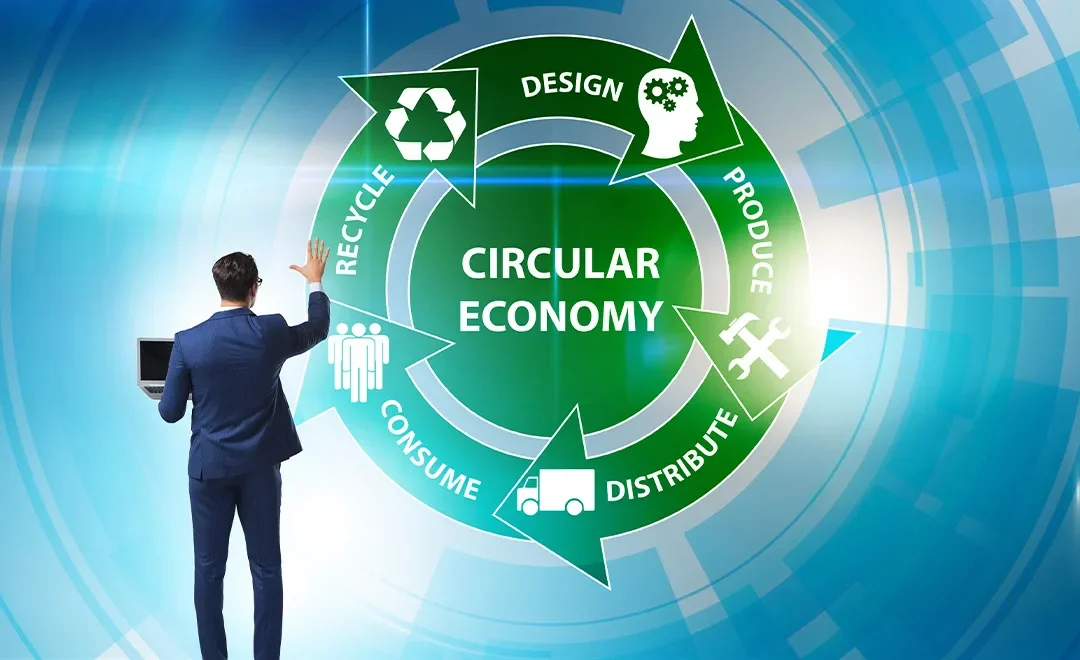A coalition of European stakeholders, including the WEEE Forum and leading industry associations, have issued a joint statement calling for a unified regulatory approach to ensure fair competition and environmental responsibility across online marketplaces.
 The appeal comes at a critical juncture as the European Union (EU) seeks to align its e-commerce practices with its sustainability goals.
The appeal comes at a critical juncture as the European Union (EU) seeks to align its e-commerce practices with its sustainability goals.
The WEEE Forum, a not-for-profit association representing the interests of waste electrical and electronic equipment (WEEE) compliance schemes, has long advocated for stronger regulations in the e-commerce sector. The joint statement highlights the growing disparity between traditional businesses and online platforms, particularly regarding environmental compliance, with the latter often benefiting from regulatory loopholes.
Closing the compliance gap
The primary concern raised by the stakeholders revolves around the need for online marketplaces to be held accountable for ensuring the compliance of the products sold on their platforms. Under current regulations, traditional businesses are subject to stringent waste management and environmental standards. In contrast, many online sellers, particularly those based outside the EU, evade these obligations, allowing non-compliant and environmentally harmful products to enter the market.
Speaking on behalf of the coalition, Pascal Leroy, Director General of the WEEE Forum, stated: “The time has come for a level playing field. Online marketplaces must take greater responsibility for the environmental impact of the products they allow to be sold in Europe.”
The joint statement calls for the EU to introduce stricter legislation that would oblige online marketplaces to verify the compliance of their sellers and products with European environmental regulations. It also proposes that these platforms should be responsible for the collection and proper disposal of waste generated by the products sold on their sites.
The growing problem of non-compliant goods
The rise of online shopping has accelerated the flow of products into Europe from markets with less stringent environmental regulations. Non-compliant products not only create unfair competition for companies adhering to EU standards but also contribute significantly to environmental degradation. Hazardous materials, poor product design, and a lack of take-back schemes are among the key issues associated with non-compliant goods.
“Online marketplaces have become a gateway for products that undermine the EU’s efforts to promote circularity and reduce waste,” said a spokesperson for the WEEE Forum. “We must ensure that all market participants, whether they operate in brick-and-mortar stores or online, follow the same rules.”
Aligning with the EU’s Green Agenda
The coalition’s demands align with the European Green Deal’s objectives of achieving a more sustainable economy. By closing the regulatory gap between traditional businesses and online marketplaces, the EU can take a significant step towards achieving its ambitious environmental targets. The joint statement emphasises that without these reforms, the EU risks undermining its own sustainability goals, particularly in the area of electronic waste, which is the fastest-growing waste stream in the world.
Several major industry groups, including the European Recycling Platform (ERP) and the European Environmental Bureau (EEB), have lent their support to the WEEE Forum’s initiative. They argue that the absence of robust regulations governing online sales is not only an environmental issue but also a matter of economic fairness.




















